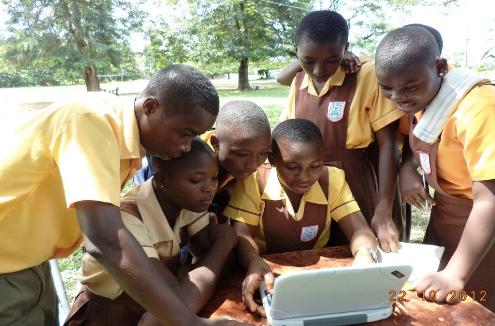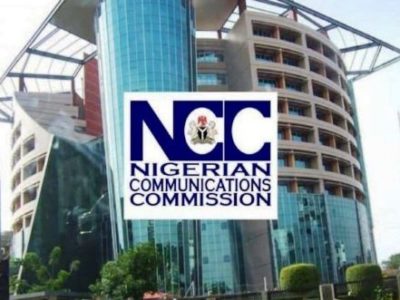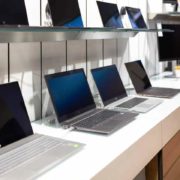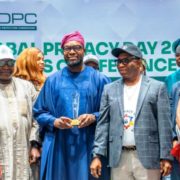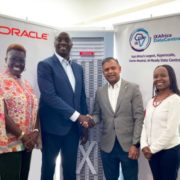Coordinated Efforts Needed to Tackle Infrastructure and Literacy Gaps
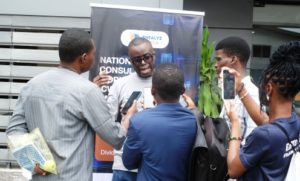
Dr. Ireti Adesida, Founder of Rhealyz Africa, warned of the risks of unregulated AI in education
Education and technology leaders across Africa have called for urgent, coordinated action to close the continent’s widening digital learning divide. This resolution followed the Central Working Group (CWG) EdTech Roundtable, which combined a high-level physical meeting in Lagos with virtual forums in multiple African countries.
RELATED: NITDA, NUC to fast-track digital literacy curriculum implementation in Nigerian universities
The event was organized by Rhealyz Global Empowerment Initiative (Rhealyz Africa) with support from the Global Campaign for Education (GCE) and the German Corporation (GIZ). Policymakers, youth leaders, educators, EdTech developers, civil society organizations, and officials from the Lagos State Ministry of Basic and Secondary Education and Lagos State Vocational and Technical Education Board (LASTVEB) participated in the dialogue.
Recent EdTech surveys provided strong evidence for the discussions, highlighting persistent barriers to digital education.
Key Challenges Facing Africa’s Digital Education
Delegates identified several obstacles that continue to limit the growth of equitable digital learning in Africa:
- Infrastructure Deficiencies: Poor internet connectivity, unreliable electricity, and lack of broadband access, especially in rural areas.
- High Cost of Devices and Internet: Smartphones, laptops, and data remain unaffordable for millions of households.
- Digital Literacy Gap: Many learners and teachers lack basic computer skills and online navigation capabilities.
- Gender Inequality: Social norms and financial barriers disproportionately limit girls and women from accessing digital technologies.
- Skills Mismatch: Current education systems are not adequately preparing students for technology-driven job markets.
Proposed Strategies to Close Africa’s Digital Divide
The CWG communiqué outlined several strategies to address these challenges:
- Infrastructure Development: Investment in national broadband projects, rural electrification, and solar-powered internet hubs.
- Affordable Access: Subsidizing devices, promoting zero-rated internet, and supporting low-cost, offline-ready EdTech tools.
- Digital Literacy Training: Embedding digital education in school curricula and making teacher training mandatory.
- Gender-Inclusive Programs: Empowering women and girls with targeted digital skills initiatives and ensuring safe online spaces.
- Local Content Creation: Developing culturally relevant learning resources in local languages.
- Public-Private Partnerships: Strengthening collaboration among governments, businesses, and civil society for sustainable digital education solutions.
Voices from the Roundtable
Speaking in Lagos, Dr. Ireti Adesida, Founder of Rhealyz Africa, emphasized the need for responsible use of technology, warning against unregulated adoption of artificial intelligence in education.
“Technology must enhance human creativity, not replace it,” she said.
The CWG further highlighted the need for a Continental Digital Education Observatory to track progress, ensure accountability, and promote inclusive growth.
Towards a Technology-Driven Future in Education
The EdTech Roundtable concluded that equitable digital education in Africa is possible if young learners remain at the center of design and implementation. By addressing infrastructure gaps, fostering innovation, and embedding inclusion into education policies, Africa can accelerate its journey toward a technology-driven, knowledge-based economy.

